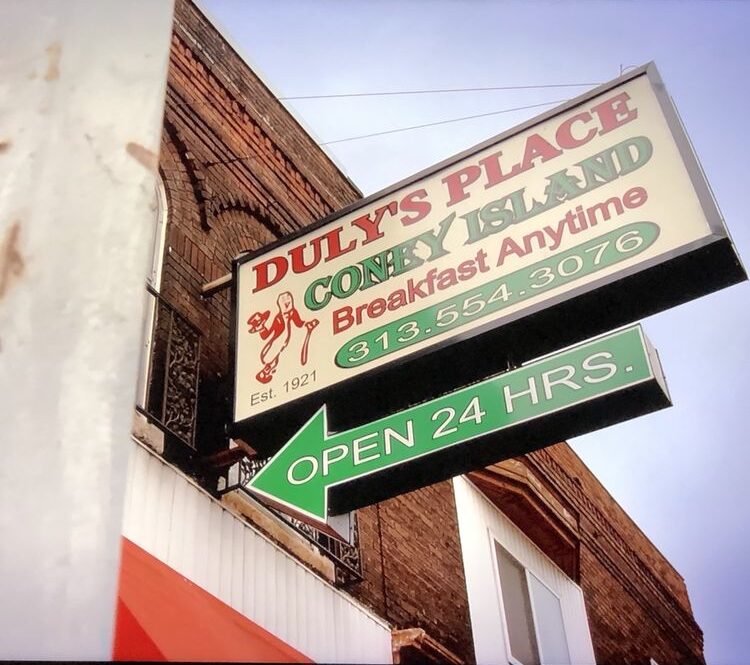The Story of Duly’s Place Coney Island: A Detroit Legacy
On a crisp morning in 1921, a small diner opened its doors on Vernor Highway in Detroit. Its founder, a Greek immigrant named George Dulyakis, had a dream: to serve simple, delicious food to a city that was growing as rapidly as its industrial prowess. That humble establishment would come to be known as Duly’s Place Coney Island, a cornerstone of Detroit’s culinary and cultural heritage.
A Dream Born of Hardship
George arrived in America with little more than hope in his pocket and a fierce determination to succeed. Having worked long hours in diners across the Midwest, he learned the art of running a kitchen while watching the way food could bring people together. Settling in Detroit, a city bustling with energy and opportunity, he saw his chance. With the little savings he had, George rented a modest space and set up his diner, one counter, and a handful of stools.
The early days were tough. George worked tirelessly, preparing meals, greeting customers, and keeping the diner spotless. He crafted a menu that was straightforward but satisfying, featuring classic American breakfasts, burgers, and the soon-to-be-iconic Coney dog. The chili-topped hot dog became an instant hit, its savory and spicy flavor offering Detroiters a hearty meal at a reasonable price.
Through the Decades
As the automobile industry boomed, so did Detroit, and Duly’s Place became a favorite among workers, families, and night owls. By the 1930s, the diner had become a bustling hub where factory workers on their lunch breaks would swap stories over plates of chili fries, and late-night crowds would seek solace in the warmth of a hot coffee and a hearty meal.
During the Great Depression, George refused to turn anyone away. If customers couldn’t afford a meal, he would quietly slide a plate of food their way. This generosity endeared him to the community and solidified Duly’s as a place of comfort in hard times.
In the 1950s, George passed the diner to his son, Nick. Under Nick’s leadership, Duly’s underwent some modernization, but it never lost its old-world charm. The diner became known for its 24-hour service, attracting everyone from third-shift workers to insomniac artists.
A Cultural Icon
By the late 20th century, Duly’s Place had become more than a diner; it was a cultural landmark. Tourists began flocking to the unassuming spot, eager to taste Detroit’s best Coney dog. The diner earned mentions in newspapers, TV shows, and documentaries. Yet, amidst all the attention, it stayed true to its roots—a family-run establishment serving food with heart.
In the 21st century, Duly’s Place remains much as it was in George’s day: simple, welcoming, and full of life. Now in its third generation of ownership, the diner continues to thrive, a testament to the enduring power of community and tradition.
A Place Where Time Stands Still
Today, stepping into Duly’s is like stepping into history. The neon sign above the entrance, the well-worn counter stools, and the sizzle of the griddle evoke a sense of timelessness. Regulars mix with first-time visitors, and the smell of chili fills the air, a reminder of George’s enduring legacy.
Duly’s Place Coney Island isn’t just a restaurant—it’s a living piece of Detroit history, a symbol of resilience, and a gathering place where everyone is welcome. Its story is one of hard work, kindness, and the simple joy of sharing a meal.
